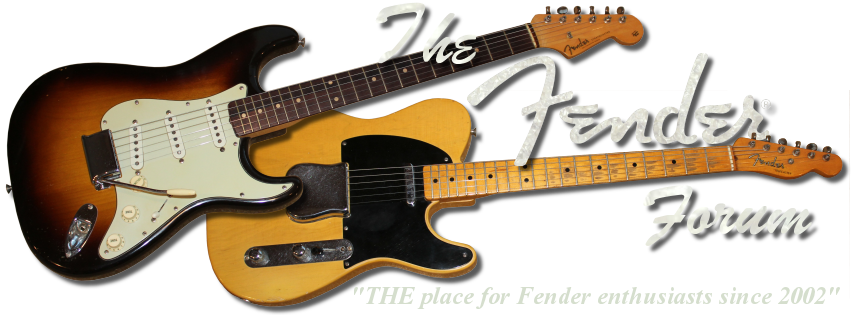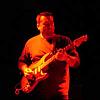Ok, I was reading the other thread and I need clarification.
1 - I understand that the modes are different positions of the major scale so that if I was playing in the key of G I could play a B Phrygian and I would still be playing the same notes of G Major.
For me, even if I'm resolving on the root (G), the B Phrygian pattern might be more dynamic in it's note placement allowing me different lick structures. The same is true for all the modes. Same notes different postition or note placement.
( I realize that regardless of the position, if I am going from G to G I am playing Ionian, but for me it is easier to memorize these positions as modes because of the following)
2 - I can also experiment and play a G Phrygian of a G major progression. I think this is where the modes begin to add color to a song. When playing G Phrygian over G Major I'm technically playing in a different key, but experimentation will show which of these "off key" modes work well over certain progressions.
3 - I can compose a song in B Phrygian. Same notes and chords as G, but it has it's root as a Bm.
4 - I've read that some players use modes to follow the chords, using a different mode over each chord change. The band plays a standard progression while the lead plays a different mode for each chord.
5 - In the case of Jazz, the band may change keys rather than changing chords within a key, so you better REALLY know your modes. :bug
I want to do more of this, but it feels like too many options. So, on to the questions:
When you guys think of modes, and incorporate them into your playing, how do you see then and use them in practical application?
I plan on trying modes as a way to flavor my solos. For an Am progression I will try A Phrygian, etc. My bandmate thinks this all sounds Arabian, but I think that has more to do with my styyle and phrasing than anything to do with the modes.




 Reply With Quote
Reply With Quote



